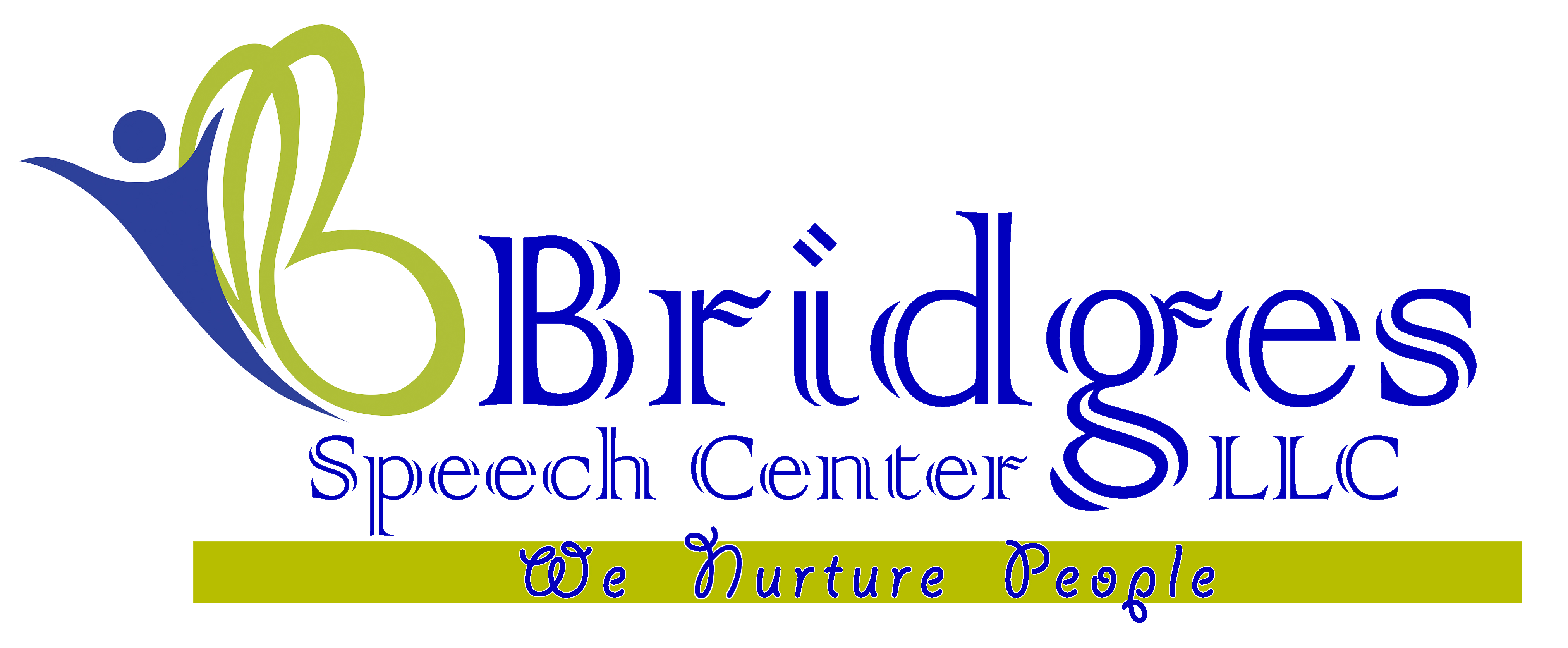- About Us
- Our Services
- Speech Therapy
- Speech and Language Therapies for Adults in Dubai
- Speech and Language Therapies for Children in Dubai
- Accent therapy
- Augmentative Alternative Communication (AAC) Therapy
- Articulation Speech Therapy
- Auditory Processing therapy/ Auditory verbal therapy
- Language Intervention: Speech Delay therapy
- Oral Motor Therapy
- Play Based therapy
- PROMPT/DTTC/RePT for Childhood Apraxia of Speech
- Social communication/Pragmatic language therapy
- Stuttering / Stammering therapy Program
- Spellography Program for Dyslexia
- Voice Therapy
- Feeding Therapy
- Occupational Therapy
- Sensory Integration
- Clinical Psychology & Psychotherapy
- Cognitive Behavioral Therapy(CBT)
- ABA /Behavior Therapy
- Bridge Learning Program
- Group therapy
- Summer/Winter Program
- Telehealth Services
- Training Program/CEU
- Internship/ Observership
- Speech Therapy
- Super Team
- Collaboration
- Training Course
- News/Blogs
- About Us
- Our Services
- Speech Therapy
- Speech and Language Therapies for Adults in Dubai
- Speech and Language Therapies for Children in Dubai
- Accent therapy
- Augmentative Alternative Communication (AAC) Therapy
- Articulation Speech Therapy
- Auditory Processing therapy/ Auditory verbal therapy
- Language Intervention: Speech Delay therapy
- Oral Motor Therapy
- Play Based therapy
- PROMPT/DTTC/RePT for Childhood Apraxia of Speech
- Social communication/Pragmatic language therapy
- Stuttering / Stammering therapy Program
- Spellography Program for Dyslexia
- Voice Therapy
- Feeding Therapy
- Occupational Therapy
- Sensory Integration
- Clinical Psychology & Psychotherapy
- Cognitive Behavioral Therapy(CBT)
- ABA /Behavior Therapy
- Bridge Learning Program
- Group therapy
- Summer/Winter Program
- Telehealth Services
- Training Program/CEU
- Internship/ Observership
- Speech Therapy
- Super Team
- Collaboration
- Training Course
- News/Blogs
Accent Therapy Treatment in Dubai
- Home
- Our Services
- Accent Therapy
Accent Therapy
Accent therapy, also known as accent modification or accent reduction therapy, is a specialized form of speech therapy aimed at helping individuals modify or adjust their speech patterns to achieve clearer and more effective communication, particularly in situations where their accent may hinder understanding. This type of therapy is often sought by individuals whose primary language is not English or those who wish to modify regional or cultural accents that may affect their professional or social interactions.
Here’s an elaboration on accent therapy and its key aspects:
- Communication Clarity: Accent therapy focuses on improving the clarity of speech to ensure that a wider audience easily understands the individual’s message. It helps individuals articulate sounds, syllables, and words more accurately, thereby enhancing overall communication effectiveness.
- Cultural Awareness: Accent therapy respects and acknowledges cultural diversity while working to minimize speech patterns that might hinder communication. It seeks to strike a balance between maintaining one’s cultural identity and ensuring clear communication.
- Individualized Approach: Accent therapy recognizes that each individual has unique speech patterns and linguistic backgrounds. Therapists tailor the therapy to address specific speech characteristics that contribute to accent-related challenges.
- Phonetic Training: The therapy often involves targeted phonetic training, helping individuals grasp the subtle differences in speech sounds that may be central to achieving clearer pronunciation.
- Intonation and Prosody: Accent therapy also addresses aspects of intonation, rhythm, stress, and pitch patterns that influence how speech is perceived. Achieving appropriate intonation and prosody contributes to natural-sounding speech.
- Vowel and Consonant Sounds: Individuals work on producing vowel and consonant sounds accurately, as these elements greatly impact speech clarity.
- Breath Control and Articulation: Accent therapy may include exercises to enhance breath control, rhythm, and articulatory precision, contributing to clearer and more controlled speech.
- Professional and Social Goals: Individuals seek accent therapy for various reasons, including improving employability, professional communication, academic success, and social interactions.
- Confidence Boost: As individuals refine their speech patterns, they often experience increased self-confidence in communicating with others, leading to more positive social and professional interactions.
- Patient Progress: Accent therapy typically involves regular practice and gradual progress. Individuals are encouraged to practice newly acquired speech patterns in everyday conversations to reinforce the therapeutic gains.
- Cultural Sensitivity: Accent therapy respects the individual’s cultural identity and background, focusing on speech modifications while fostering cultural sensitivity and awareness.
- Long-Term Benefits: The skills acquired through accent therapy provide lasting benefits, improving overall communication and potentially opening up new opportunities in personal, academic, and professional spheres.
Accent therapy offers a tailored and respectful approach to enhancing speech clarity while valuing an individual’s linguistic and cultural background. By working on specific speech patterns and linguistic nuances, individuals can achieve clearer communication and confidently engage in a wide range of contexts.
Accent therapy, also known as accent modification or accent reduction therapy, is a specialized form of speech therapy aimed at helping individuals modify or adjust their speech patterns to achieve clearer and more effective communication, particularly in situations where their accent may hinder understanding. This type of therapy is often sought by individuals who speak English as a second language (ESL) or those who wish to modify regional or cultural accents that may affect their professional or social interactions.
Here’s an elaboration on accent therapy and its key aspects:
- Communication Clarity: Accent therapy focuses on improving the clarity of speech to ensure that the individual’s message is easily understood by a wider audience. It helps individuals articulate sounds, syllables, and words more accurately, thereby enhancing overall communication effectiveness.
- Cultural Awareness: Accent therapy respects and acknowledges cultural diversity while working to minimize speech patterns that might hinder communication. It seeks to strike a balance between maintaining one’s cultural identity and ensuring clear communication.
- Individualized Approach: Accent therapy recognizes that each individual has unique speech patterns and linguistic backgrounds. Therapists tailor the therapy to address specific speech characteristics that contribute to accent-related challenges.
- Phonetic Training: The therapy often involves targeted phonetic training, helping individuals grasp the subtle differences in speech sounds that may be central to achieving clearer pronunciation.
- Intonation and Prosody: Accent therapy also addresses aspects of intonation, rhythm, stress, and pitch patterns that influence how speech is perceived. Achieving appropriate intonation and prosody contributes to natural-sounding speech.
- Vowel and Consonant Sounds: Individuals work on producing vowel and consonant sounds accurately, as these elements greatly impact speech clarity.
- Breath Control and Articulation: Accent therapy may include exercises to enhance breath control, rhythm, and articulatory precision, contributing to clearer and more controlled speech.
- Professional and Social Goals: Individuals seek accent therapy for various reasons, including improving employability, professional communication, academic success, and social interactions.
- Confidence Boost: As individuals refine their speech patterns, they often experience increased self-confidence in communicating with others, leading to more positive social and professional interactions.
- Patient Progress: Accent therapy typically involves regular practice and gradual progress. Individuals are encouraged to practice newly acquired speech patterns in everyday conversations to reinforce the therapeutic gains.
- Cultural Sensitivity: Accent therapy respects the individual’s cultural identity and background, focusing on speech modifications while fostering cultural sensitivity and awareness.
- Long-Term Benefits: The skills acquired through accent therapy provide lasting benefits, improving overall communication and potentially opening up new opportunities in personal, academic, and professional spheres.
Accent therapy offers a tailored and respectful approach to enhancing speech clarity while valuing an individual’s linguistic and cultural background. By working on specific speech patterns and linguistic nuances, individuals can achieve clearer communication and confidently engage in a wide range of contexts.
Make Appointment
Testimonials
What Parents Say
Send us an email if you wish to talk to any of them. For more reviews, please go to Google reviews.

My experience with bridges speech centre has been great. My child is attending OT in the center and we are happy and proud with the progress Mrs. Richa has made. The therapists are very supportive and knowledgable in selecting techniques to suit with our child's requirements . Their monthly review and evaluation is remarkable. I highly recommend bridges speech centre to anyone looking for an affordable and professional therapy for their child....

We were asked to consult a speech therapist for my son. As parents we were quite skeptical about this whole process. However, once my son started attending Dr Rupali’s sessions we noticed a drastic improvement in his speech. He used to speak only a few words but within the 1st four sessions he started speaking up-to 5 words sentences. I also learnt to manage my child’s emotions better with Dr Rupali’s guidance. She is very cooperative and patiently answer all questions.

We took our 21 month old daughter to Bridges speech center following her cleft palate surgery as she needed Speech therapy. Ms.Rupali was recommended to us by both our Pediatrician and ENT specialist. The staff at Bridges are qualified, warm and friendly. My daughter loved to attend the speech therapy sessions. Through various techniques and simulations provided during these sessions, I can see considerable improvement in my daughter's speech. Lastly I would say, no child is same, as parents we need to be patient and trust the process.

Rupali was excellent. In just couple of sessions she helped my child overcome difficulty in pronouncing ch and sh sound. Thanks very much.Highly recommend for children who will need assistance in speech therapy.
Blog & Article
Our Latest Blog & Articles
Are you feeling depressed or anxious?
Are you feeling depressed or anxious? abdulrehman August 16, 2023 Uncategorized Are you...
Sensory Integration
Sensory Integration abdulrehman August 11, 2023 Uncategorized Sensory Integration Sensory integration is a...



